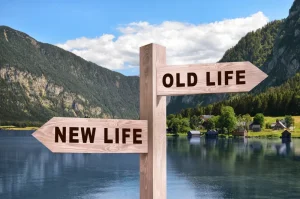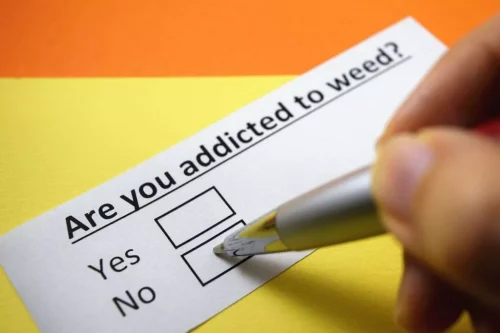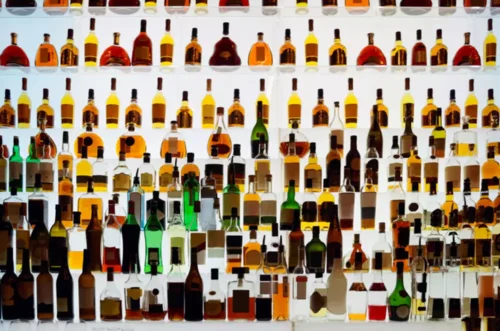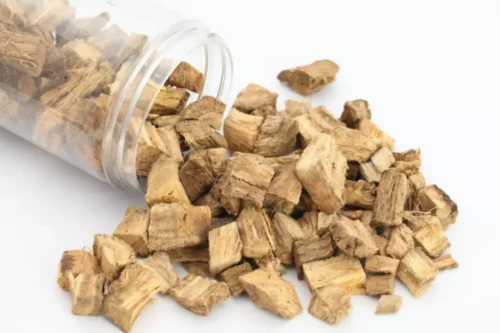Why Do I Crave Sugar? Possible Reasons and What To Eat Instead

Alcohol disrupts metabolism, normal hunger/fullness cues, and can produce massive blood sugar swings. These fluctuations in blood sugars can cause cravings for sweets or other high carbohydrate foods. Strive to incorporate a variety of nutrient-dense foods into your diet to replenish the essential vitamins and minerals that may have been depleted during alcohol abuse. Opt for complex carbohydrates, such as whole grains and fruits, which provide a slower release of sugar into the bloodstream and help maintain stable energy levels. Additionally, make sure to include sources of protein and healthy fats in your meals to promote satiety and overall well-being. Your unique neurobiology will influence whether you experience intense cravings or not, says Weiss.
- This action contributes to the rewarding effects of alcohol and promotes continued alcohol consumption.
- Quitting drugs and alcohol is a personal decision and nobody can make that choice for you.
- However, excessive drinking (more than three drinks daily) can result in higher blood glucose and A1C levels [5].
- Everything from your sleep environment to exercise habits can influence this – but what you eat plays a much bigger role than many people expect it to.
Influence of Dopamine Release on Cravings
By addressing both the physiological and psychological aspects of sugar cravings, individuals can break the cycle and achieve a healthier relationship with food and alcohol. Seeking professional help and support from healthcare providers, therapists, or support groups can also be beneficial in navigating the complexities of alcoholism and sugar cravings. Therapy can also play a vital role in addressing underlying emotional issues that may contribute to sugar cravings. Working with a therapist or counselor who specializes in addiction and recovery can help individuals develop healthy coping mechanisms, identify triggers, and navigate the challenges of balancing sugar intake. In the journey of recovery, seeking professional guidance and support is invaluable.
We can help you along the path to a healthy, successful, and stable life.

Just remember, even if you choose to curb your cravings with one of these choices, you still watch your calorie intake if you are working towards a weight goal. Furthermore, if you’ve ever had a high-sodium meal and then experienced the urge to search for something sweet soon after, it was likely because the sodium content of the meal left you dehydrated. It’s important to remember to drink water consistently throughout the day. Some studies show that people who consistently hydrate tend to weigh less. It has also been shown that people who do not drink enough water have increased levels of hunger, likely because your body often confuses thirst cues for hunger cues. This unintentional starvation can cause a disruption in the balance of ghrelin (your hunger hormone) and leptin (the hormone that tells you that you are full).

Exploring the Link Between Alcoholism and Sugar Cravings
Throughout my career in addressing nutrition in addiction recovery, this topic of sugar cravings comes up time and time again. After quitting drinking, there are a number of reasons why sugar hits the ‘sweet spot’ and cravings for sugar can be at all time high. Personally, I know this to be true because when I quit drinking, I substituted the glass of wine for a bowl of ice cream… every night.

There are plenty of science-backed reasons to give up drinking for a bit, which is why many people participate in Dry January. Research has shown temporary abstinence from alcohol can reset your health meter and may even support long-term well-being1. Keeping the benefits in mind might not make the journey any easier, though. Often our minds confuse thirst for hunger, which can lead to unnecessary intake of sweets.

The reason why it’s so highly recommended by nutritionists and dieticians (provided it’s not covered in sugar for flavour) is because many types of dried fruit are high in fibre. Unfortunately, this makes it one of the worst foods to have late at night. It can take some time for a person’s brain chemistry to readjust after giving up alcohol. Many people also experience strong emotions they may have repressed while they were drinking, and experience stress when re-adjusting to daily life and building new routines that are alcohol-free. But until it does, you’ll likely experience especially strong cravings. Some studies have found parallels between how the brain responds to addictive drugs and how it responds to consuming sugar.
Similar Effects of Sugar and Alcohol on the Brain
- Her fields of interest include Japanese translation, cooking, natural sciences, sex positivity, and mental health, along with books, books, and more books.
- You don’t need to identify as an alcoholic or put your life on hold to get help with alcohol cravings.
- Just remember, even if you choose to curb your cravings with one of these choices, you still watch your calorie intake if you are working towards a weight goal.
- To start with, the practice of mindful eating might be the tool you need to manage sugar cravings.
Unfortunately, satisfying sugar cravings can prolong recovery and lead to other medical complications. Dopamine is a neurotransmitter made in the brain and is released in response to a reward or pleasurable experience. Sugar tastes great, and eating or drinking it is rewarding since it causes dopamine release. Alcohol is naturally obtained by fermenting sugar, which is why alcohol and sugar trigger why do alcoholics crave sugar similar reactions in the brain. While no one is eating a lemon before heading to bed, the biggest citrus offenders late at night tend to be fruity additions to drinks – like gin and tonics, margaritas, and infused water – and desserts. Energy drinks are a great way to recover post-exercise (if they contain electrolytes and B vitamins) and a good alternative to coffee to start the day.

Sugar is a Quick Fix for Low Blood Sugar Levels
- This section will explore the role of a neurotransmitter called dopamine in sugar and alcohol addiction and discuss the concept of ‘sweet liking’ in alcohol use disorder.
- Other smaller studies have observed similar relationships between abstinence and sweets cravings in people with alcohol use disorder (AUD).
- This includes sleeping more, reducing stress, not skipping meals and staying hydrated.
- Focusing on healthy, natural alternatives can be an effective way to manage your sweet tooth after quitting alcohol.
- To compensate for this, the body may crave sugar to provide a quick source of energy.




Comentários